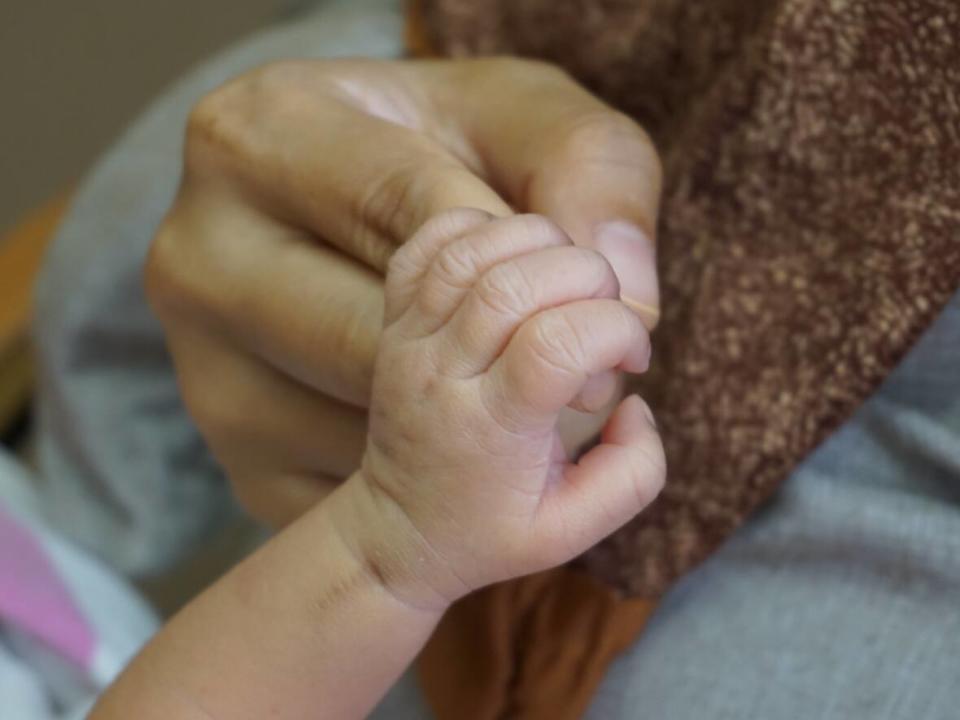First Nations' project to reduce number of children in care is proving successful, report shows

Three years after the Huu-ay-aht First Nations declared a public health emergency over the number of their children in government care, more than 30 kids have been returned to their home territory thanks to a social services initiative created to support families and prevent children from losing their connections to culture, land and community.
In August 2017, the nations, which have a membership of about 750 people and are located on the west coast of Vancouver Island, launched a Social Service Project with the goal of reducing the number of its children in ministry care and improving resources and programming for Huu-ay-aht parents.
At the time, according to the nations, 34 of their 220 children were in care and 25 of them were in non-First Nations homes. By 2018, that number had grown to 47 in care with 36 in non-First Nations homes and an emergency was declared.
A review of the project by independent consultant Suzanne Von Der Porten shows that, since the nations sounded that alarm, the number of children being fostered outside the community has decreased and Huu-ay-aht familes feel safer and better supported.
"Creating a new journey for our people," is how Huu-ay-aht Coun. Edward R. Johnson described the change while talking to CBC's All Points West on Monday.

The Social Services Project is based on 30 recommendations that included hiring the nations' own dedicated family support workers and protection support social workers.
It also recommended expanding support programs for expecting and new mothers, providing food, necessities and shelter support for families in need and having addictions and mental health counselling readily available for Huu-ay-aht citizens.
As of January 2021, there were 271 total Huu-ay-aht children, 21 of whom were in foster care. In contrast to previous years, the majority of those are in the care of extended family. While the number of children in external care fluctuated in 2020, it never went higher than seven and sometimes was as low as one.
"It is encouraging to see the results of this evaluation as it shows we are on the right track," said Tayii Ḥaw̓ił ƛiišin (Head Hereditary Chief Derek Peters) in a statement.
Positive member feedback
For her report, Von Der Porten got feedback from 169 Huu-ay-aht citizens as well as Community Services and Child and Family Wellness team members and members of the Executive Council and Social Services Task Force.
According to the nations, 64 per cent of citizens who responded said they felt their family's safety had either seen some improvement or been greatly improved.
The majority of people who responded said they felt supported in accessing treatment and counselling. The project's success was also measured by the number of Huu-ay-aht members reaching out for support, which, over the past three months, has averaged between 79 and 94 people each month.
WATCH | Meet the people who created the Huu-ay-aht First Nations Social Services Project:
While members' comments woven into the report were anonymous, one member said the Social Service Project helped find their grandson a place to live, another was happy to have their children moved into a relative's home, and another praised the program for having hotel rooms and safe homes available for domestic violence victims.
"We are pleased to have heard from so many people and this will help us shape the program moving forward to ensure we are meeting the needs of the community," said Johnson.
More to do
Johnson attributes some of the project's success to $4.2 million in funding over five years given to the nations by the federal government in 2018 and $300,000 provided by the province.
While Von Der Porten's evaluation of the project indicates progress is being made, it also highlighted 26 areas of focus for improvement. Funding for a Mother Centre in Port Alberni, B.C., was at the top of the list.
The centre — to be named Oomiiqsu, which means "mother" in Nuu-chah-nulth — was one of the 30 recommendations for the Social Services Project.
Johnson said the centre would resemble the Aboriginal Mother Centre in Vancouver, which provides housing and programming for Indigenous mothers and their children who are homeless, at risk of homelessness, or at risk of having their children apprehended.
"We were very lucky," said Johnson about funding already received. But she said more will be needed to fund Oomiiqsu, a space he said would benefit all Nuu-chah-nulth Tribal Council (NTC) members.
The NTC is a made up of 14 First Nations, including the Huu-ay-aht.

 Yahoo Finance
Yahoo Finance 